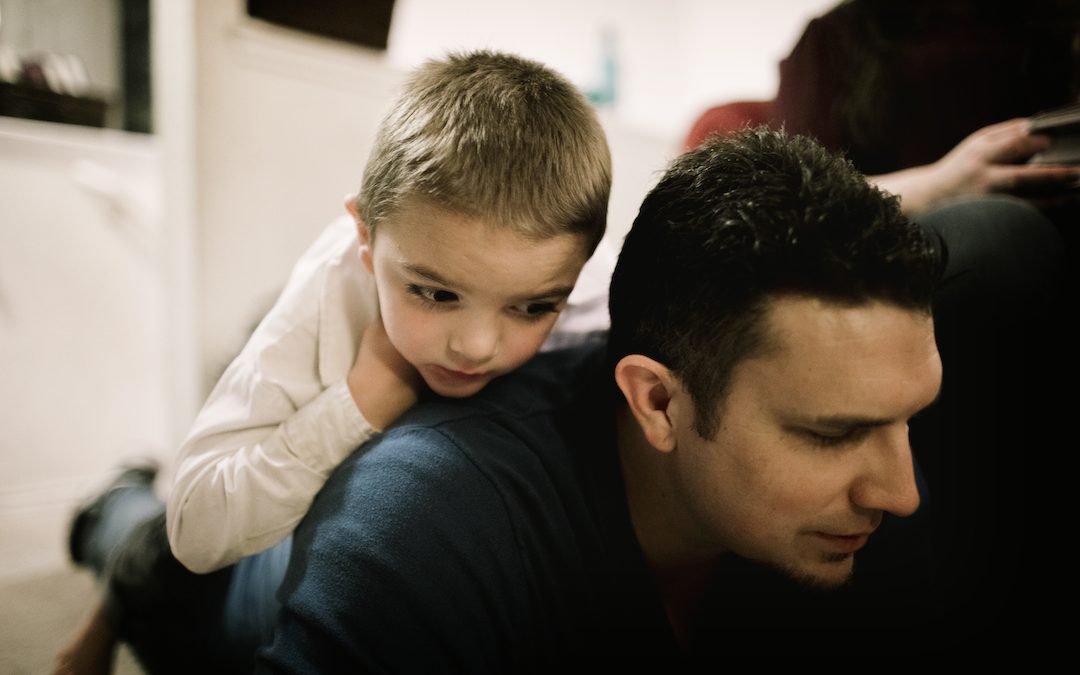
by Rachel Toalson | Crash Test Parents
Lately my family has been reading about global warming because we’re working on a big project to become more environmentally friendly. We’ve been watching documentaries, having discussions and brainstorm sessions, and reading stacks of books.
My kids are accustomed to reading books; we have several scheduled reading times in our home. It’s good for kids to have designated reading times—both read-aloud time and silent reading time. Research shows that reading aloud to kids not only builds their independent reading skills but also helps foster a love of reading in children. (Silent reading time does the same—plus reinforces the joy and importance of reading if a parent participates, too.)
Read-Aloud time is a great bonding time; sometimes, when you feel yourself out of step with your family, all you have to do is pick up a book and read it aloud.
It might look differently than you expect. In fact, here’s what it might look like when you sit down with your kids to read.
1. He’s standing on his head.
My sons love this little trick, and they will pull it out often. Don’t worry—they’re still listening. My sons have repeated word-for-word what I’ve read while they’re standing on their heads. It’s astonishing, given how much blood must be pooling in their brains. I wouldn’t be able to think straight if that were me. Not that I’d ever be able to get into a headstand position anymore.
2. He will open his own book and read and listen at the same time.
We have a strict policy in our house that if Mama or Daddy is doing the read-aloud time no one else has a book open. But every now and then our twelve-year-old will open a book and matter-of-factly tell us he’s listening in his subconscious. I beg to differ. This never flies.
3. He will have a million questions.
It never fails—as soon as I start my Read-Aloud time, my kids will have questions. Sometimes these questions are about the book itself, sometimes they’re, “May I please get a quick drink?” “What is 642 times 493?” (As if I even know the answer to that), or “What’s for dinner tomorrow night?” Kids have random brains. Sometimes they can’t help the questions that slip out unexpectedly.
4. He will want to control the pages.
Husband does the picture book reading most nights (because research also shows that dads reading to sons translates into love of reading more so than moms reading to sons), but sometimes he moves a little too fast for the listeners. Picture books have a lot going on in the illustrations, and oftentimes my kids will turn back a page in the middle of reading with unapologetic words: “Wait. Let me see that.”
5. He will ask for more.
Kids love stories, and they love the feeling of bonding with their parents through story. Even when you’re fully convinced there’s no way they could possibly have heard anything you said, they were listening and they want more.
And many times, you will, too—because stories are the same for everyone. They soothe, empower, repair, and impart joy.
Their shared moments become almost sacred.
(Photo by This is Now Photography.)
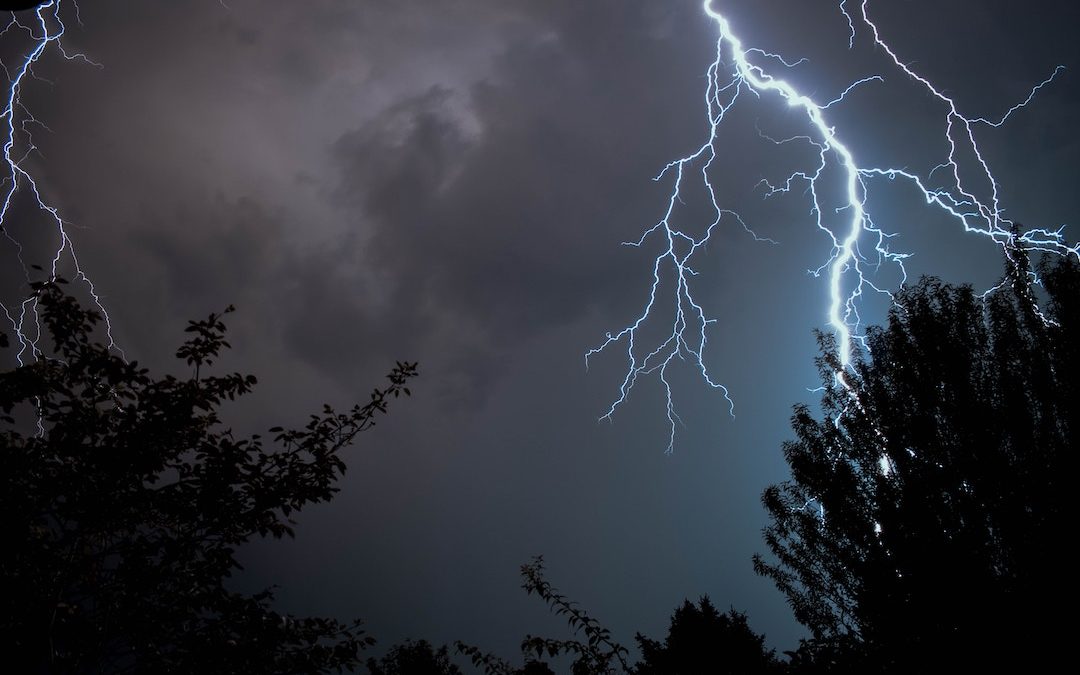
by Rachel Toalson | Wing Chair Musings
Lightning illuminates the window, like a scary film’s opening. Husband and I look at each other. We can already tell it’s going to be a bad one. Which means…
Knock knock knock
It begins.
Over the next half hour, they are in and out of our room, racing between the gaps of lighting and thunder. The rumbling crashes and echoes across the canyon in a way that makes it sound much worse than it actually is. The rain hisses and whips against the window, the wind picking up into what sounds like a dragon roar.
They are, predictably, scared. And though the knocking followed by kids announcing they’re scared (as if we don’t already know) starts to get annoying when my husband and I are ready to go to bed ourselves, I know that the announcement, the communal nature of this safe place, this bedroom where a mom and dad recline with books open on their laps, is a comforting place. I remember how terrifying storms could be when I was a kid. My mom would let my sister and brother and me sleep together in the living room, which was in the center of our house. I remember once sleeping in boxes, like we were camping in our own personal tents, but that memory might be inaccurate, something I constructed over an experience less exotic.
I used to dislike storms, and I still dislike driving in them. When I was a teenager I used to check the clouds to make sure there were no funnels, because I was terrified of tornadoes. Now I rarely worry about that sort of thing; San Antonio is not known for tornadoes. I’ve grown up, and storms are, if not calming, at least tolerable. But I remember enough to empathize with my sons, so patience does not feel like it asks too much tonight (though a sleep-deprived tomorrow might tell another story).
Eventually our sons go to sleep and my husband and I lie awake in our bed, the storm roaring and flashing outside our bedroom window. Both of us toss and turn, finding sleep close to impossible.
But maybe storms are not meant to be slept through.
Maybe they are, instead, meant to be enjoyed.
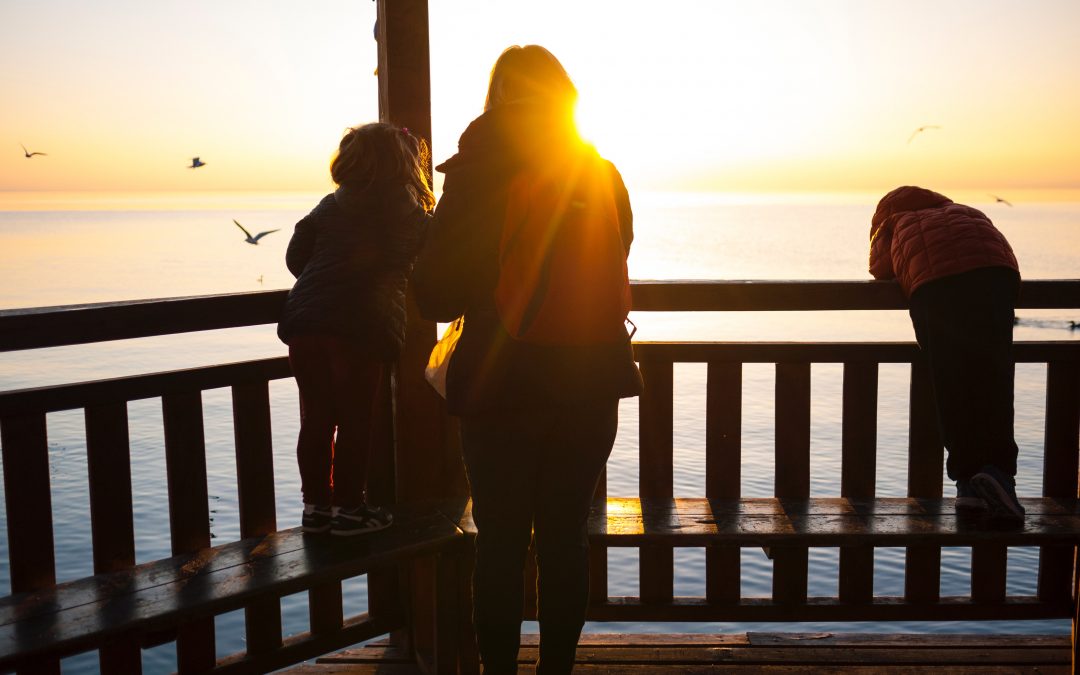
by Rachel Toalson | Poetry
I’m sorry
you find yourself
saying more often.
It’s because you’re emotional,
you cry at the least little thing,
your kids are looking at you
with those worried faces.
You apologize because you
feel guilty for worrying them.
You apologize because you
think you shouldn’t be crying.
You apologize because you
believe that’s what they need.
They don’t.
All they need is yourself,
all of it,
right now in this moment.
All they need is to feel
the never-ending
warmth of love,
still settling around them,
and even tears cannot carry
that away.
This is how
you love in spite of melancholy.
This is an excerpt from the book of poetry, this is how you live, available in both ebook and paperback form.
(Photo by Marco Ceschi on Unsplash)
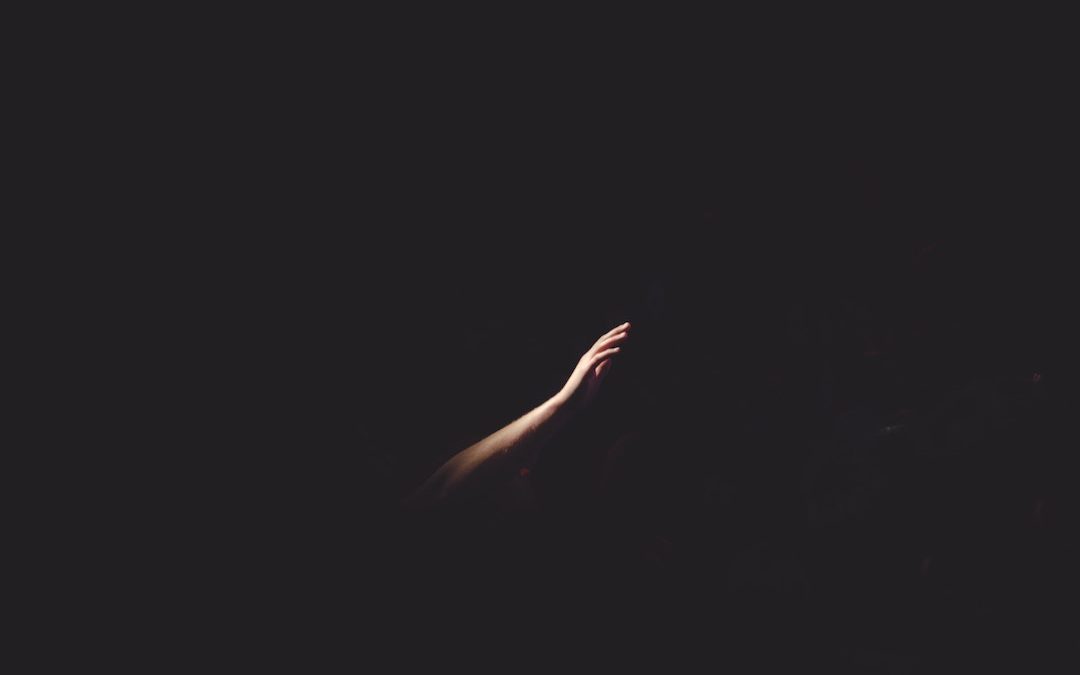
by Rachel Toalson | Poetry
Life doesn’t always
make the least bit of sense.
Sometimes you can predict
how your efforts will go,
sometimes you’re surprised
by an unexpected word or
gesture or look and
your whole world turns
on a fidget spinner before
coming to rest in a place that looks
both like and unlike where
you were standing moments ago,
a place that is the same but
brighter
clearer
lovelier
The hole fills up
the clouds burn away
the sea calms
You never know
when it will get better;
you may as well stick around
for when it does
This is how
you keep holding on.
This is an excerpt from the book of poetry, this is how you live, available in both ebook and paperback form.
(Photo by Cherry Laithang on Unsplash)
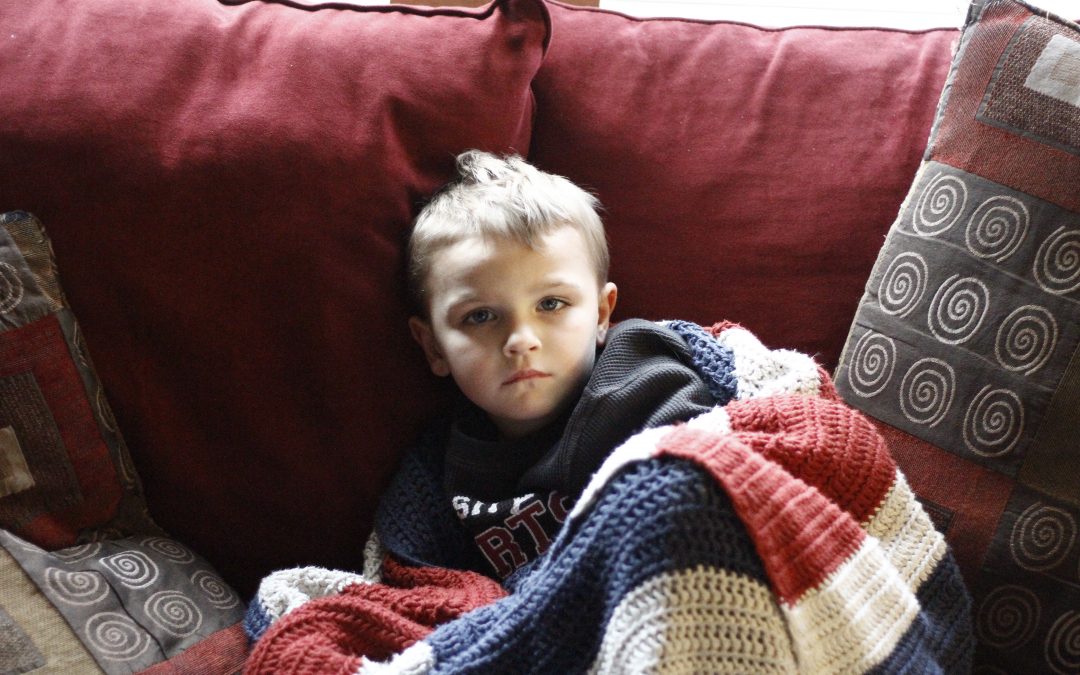
by Rachel Toalson | Wing Chair Musings
He languished by the lamp, head drooping, book in his hand. I sat beside him. “You feeling okay?” I said. I already knew the answer, but I wanted to hear it from him.
He didn’t even speak; he only shook his head. I could feel the heat radiating from his skin; he had all the outward signs of the flu.
I took him in my arms, let him rest his head against me. The possibility of contagion doesn’t bother a mama whose son is battling sickness. So though I was the only one in my house who hadn’t gotten a flu shot this year, I rocked my son because he needed me.
I read stories. I rubbed oils on his chest. I let him sleep in my arms—because he is getting bigger and he will not always allow me to do this. I held him as long as I could, as long as he needed.
And though I am glad my son does not suffer from sickness often, or sickness that is terminal, I enjoyed the time I had with a four-year-old who didn’t feel like bouncing out of my arms before I was ready.
I soaked up the moment, which lasted only two days.
Today he is racing in and out of rooms, flinging flowers at me, trying to find where he put his shoes so he can go out back and sword fight with sticks.
The smell of him clinging to my shirt.

by Rachel Toalson | Poetry
you stare at the blank page
the words are
gone
vanished
nonexistent
you don’t even have
a desire to write
and you’ve never not had
a desire to write
you take every moment
you can to write
now you have a moment and
you can’t write
this is how
you know it will be bad
This is an excerpt from the book of poetry, this is how you live, available in both ebook and paperback form.
(Photo by Peter Lewicki on Unsplash)
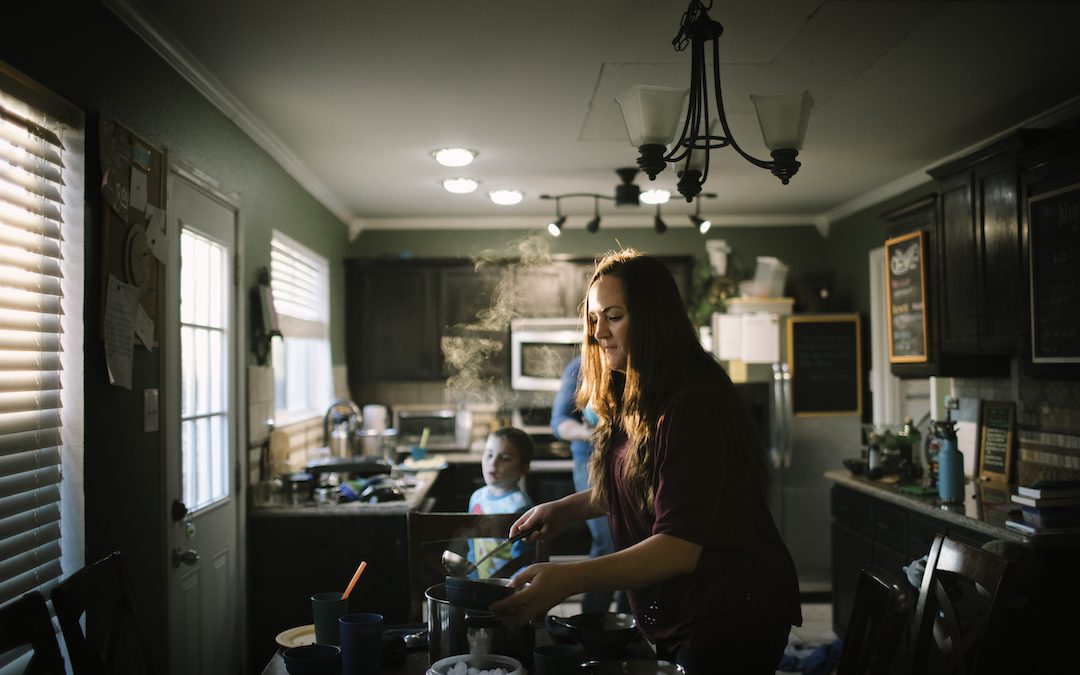
by Rachel Toalson | Crash Test Parents
Some of my friends have jokingly told me in recent days, “We hardly ever see you anymore.”
And they’re right.
There’s a reason for this, and the reason is: kids.
I’m not one to use my kids as an excuse, but I will say that they make going anywhere difficult. If we want to meet up with some friends at a park when the first rays of light splash across the horizon (which is when my kids wake on any given Saturday), we will pay for it on the way home. If we want to go grab lunch or coffee with some college friends while our kids play on a playground, skipping right past their nap time, we’ll pay for it on the way home. If we want to have dinner out with old (metaphorically speaking) double-date couples and keep the boys out past their bed time, we’ll pay for it on the way home.
You might notice a recurring theme here.
Most days, it’s just easier to stay home.
People often wonder why parents disappear for a time, usually that time period when their kids are young and incompetent and helpless to do anything but dress themselves, put on their shoes, and race out the door—and even that’s stretching it in my house. If I want to leave to go anywhere it’s almost certain that someone doesn’t have underwear on, someone can’t find their shoes, or someone is going to trip over the threshold of our front door and skin his chin.
Every Wednesday afternoon, we travel about forty-five minutes down a highway to get to a church and lead worship for a handful of teenagers. It’s late by the time we’re finished, and the kids have been cooped up in a church nursery for five hours, watching movies and eating unhealthy snacks and having everything at their disposal that they could possibly need to entertain them, besides nature.
This is a big besides.
By the time we get in the car, it’s way past their bedtime, and they’re so delirious they don’t even know how to act. This is how that trip back home typically goes:
Boys in the rear seats: Screaming their heads off, because they’re playing together. This means it’s mostly happy screaming, but I still wish we had volume control.
Boys in the middle seats: Trying to talk to Mama and Daddy, even though Mama and Daddy are trying to talk to each other. Talking soon progresses to whining, which progresses to very loud crying. One of them, the baby, is asleep, a small mercy.
Mama and Daddy in the front seat: Trying to have a conversation about the church service and what’s next on the week’s schedule. We’re not usually successful.
Over the course of the two years we’ve been conducting this excruciating experiment, I’ve captured countless conversations, taken copious notes on what boys do when they’re done talking (fart and sing is about it), and calculated, on average, how long it takes before a parent feels certifiably crazy in a car with children (only about 12.8 minutes, as it happens).
Here’s a typical sampling, collected this week:
9-year-old: You’re a skunk.
6-year-old: Okay, did you smell that toot?
9-year-old: Yeah, that’s why I called you a skunk.
6-year-old: Oh, I thought you were just calling me that.
5-year-old: Well, you are, kinda. You have white skin.
6-year-old: A skunk doesn’t have white skin. It has black fur with a white stripe.
5-year-old: Well, you have a black fur right there.
[He points to the chin of my 6-year-old, which I can assure you does not have fur on it yet.]
They all dissolved into hysterical laughter, as only boys who are brothers can.
Next they started telling jokes, which was excruciating.
Knock knock.
Who’s there?
Interrupting chicken.
Interrupting chicken—
[Very loud chicken noise.]
Knock knock.
Who’s there?
Interrupting cow.
Interrupting cow—
[Even louder cow noise]
Knock knock.
Who’s there?
Interrupting dog.
Interrupting dog—
[Dog noise that could shatter the windows.]
I thought it couldn’t get any worse.
And then they started singing.
My boys are actually really good at singing. This isn’t surprising; Husband and I used to be in a folk rock band before so many of them came along. We have three CDs in the archives and released a single a couple of years ago, because now that we have so many children it takes us four years to record one song. We’ll be ancient by the time the next CD releases.
So the singing doesn’t become a problem until the boys start fighting about which song they want to sing (as if they’ll ever agree) and who actually gets to sing it (as if they can’t all sing it at the same time). We suggested they sing their own songs, quietly, but the nine-year-old can’t stand this sort of thing. He likes order, not chaos, and truth be told, I do too.
But, hallelujah, it was time to turn off the interior lights, which meant they’d stop fighting with each other about who was going to pick the song they sing and would start fighting, instead, with Husband and me about how they just want to finish this one thing before the lights go out.
“It’s past bedtime,” Husband and I said. A thousand times, a billion times. By the time our boys settled down about the lights out, we sounded like robots. And I almost wished we were.
“I only had a couple more pages!” The nine-year-old tried one more time to get us to see his way.
“You can finish it tomorrow,” I said.
Actually, he finished it when we got home. He spent half an hour on the toilet reading.
By the time we get home from this weekly trip, Husband and I are usually all done with family togetherness, but still we’ll have to wrestle our twins into bed, put the baby down, and remind the three older ones that it’s bedtime, it’s bedtime, it’s bedtime.
Now it’s an hour past my bedtime, and I’m a little grouchy.
All that work is simply not worth it. Drop by my house anytime you want. You might have to brush some spiky blocks off the couches or step over the minefield of LEGO pieces carpeting our floor, and you might want to use the bathroom before you come, but you’ll always be welcome.
Just don’t ask me to go anywhere with these delightful little human beings.
This is an excerpt from Hills I’ll Probably Lie Down On, the fourth book in the Crash Test Parents series.
(Photo by This is Now Photography.)

by Rachel Toalson | Wing Chair Musings
After my traditionally published book released last September, once the dust settled, I was feeling depressed and out of sorts. Part of it could be explained away by the demands on my time and the fact that I am an introvert who gets somewhat annoyed when my schedule is interrupted with out-of-the-ordinary activity. When my calendar gets crammed, as it tends to get during book launch season, I feel stressed and overwhelmed (which is also why my sons have not yet joined sports, though I have one in orchestra this year).
At the same time, lists began to greet me at every turn—favorite books, best books for the holidays, best-of 2018, awards lists. There is a book list for practically everything. And comparison loves lists. I fell hard into the sticky web of I guess I’m just not good enough.
But it was, of course, more than that.
The writing life isn’t an easy one. It’s especially not easy when you’re the mother of young children. At the same time I was recuperating from the busy launch season I had a son struggling with middle school, another upset about the necessity of speech lessons, and two others who were having behavioral issues at school.
When there are crises in my home, my first now-predictable response, as a mother, is to question whether I am doing the right thing to pursue a career and work outside the home (even though I technically work from home). Maybe it’s because of the pressures that exist in modern motherhood, but when my sons struggle, I feels as though it’s a direct reflection on the time I spend doing anything other than caring for my family.
I know I was made for writing. When I write, I feel as though I am doing exactly what I was brought into this world to do. I feel free and hopeful and alive. When I’m talking about writing or new projects or ideas I feel shaky with the bound-up energy of this knowing.
What would happen if I were to give that up?
I know myself. I know what would happen. I know I would not be the best version of myself that I could be. I would not fulfill my full purpose. I would waste potential and talent and opportunity. I would lament and resent.
Around this time, my husband and I were about to visit New York for the first time, a late fifteen-year anniversary celebration of sorts. He had a work conference, I was set to meet both my agent and my editor in real life, and we had planned a day to ourselves, for pleasure and touristy things. I didn’t even know if we could afford the trip in terms of both money and absence from our children, but there it was, already booked.
So I went. I had a lovely visit with my editor, who told me she absolutely loves my work and wants as much from me as she can possibly get. And the hope began to peer in at the edges.
At all junctures of my life I can feel hope peering in, no matter how bad things got. My parents divorced—there was hope. My father left in totality—there was hope. My sons and I are struggling with anxiety and depression—there is hope.
Hope is a powerful force, the kind of force that can lift our heads and whisper, Get up, you’re still alive, you were made for more than this.
You were made for more than this burden you carry, this disappointing setback, this scary circumstance. There is still hope.
There are so many people in our world who think and feel that they are without hope. It is up to us—the hope-filled ones (at least today)—to find them and tell them: Life’s an unpredictable thing. It can change in a moment. The night never lasts forever.
Go out into the world and shine your light of hope.
(Photo by Daniele Salutari on Unsplash)

by Rachel Toalson | Poetry
you see her
at the monthly meeting
she’s wasting away
but instead of feeling alarmed
you feel jealous
you would like that wasting-away body
instead of this
large and disappointing one
so you make your plan
steel your courage
take a breath as though it can
sustain you through the starving
and you pass on
supper
this is how
you let anorexia reclaim you
This is an excerpt from the book of poetry, this is how you live, available in both ebook and paperback form.
(Photo by Joshua Newton on Unsplash)
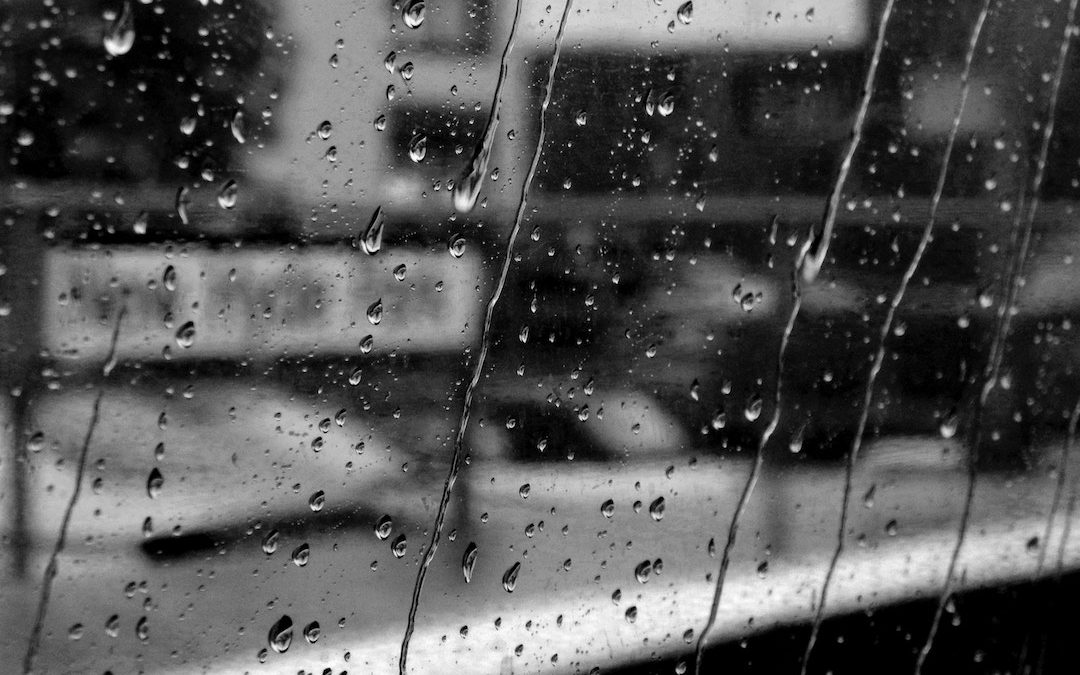
by Rachel Toalson | Crash Test Parents
It’s been a rainy year. I know better than to complain, considering that most years in Texas feature more brown burned-to-a-crisp grass than the lush green kind on which you can walk comfortably with bare feet, but really. My kids are at each other’s throats, they’re tearing up the house, they’re longing to go outside—and when they do, they come back in with gobs of mud caked to their shoes and between their toes if they couldn’t find their shoes (which is highly likely). They will happily track this around the just-cleaned house. It’s art, so to speak—with footprints (and they can hide nothing; they went to the pantry for an unauthorized snack? No, they say. Well, there are footprints to prove it).
With so many rainy days and so many kids cooped up inside, I start arguing with myself about whether or not it would be a good idea to enforce my daily mandatory play-outside time.
It wouldn’t be that bad.
Have you seen the floor?
They’d have something to do.
They’d get all wet and muddy.
You’d have peace.
And that statement, in the end, gives me pause and necessitates one of the things I do best: an analysis of pros and cons, this one called: Pros and Cons of Kids Playing Outside.
Pro: They get a shower.
For some of them, that’s more than they got last week (what can I say? Preteens are tough). Letting them play outside means that I can skip wrestling them into baths and, instead, save my energy for wrestling them back inside.
Con: They’ll come back in dripping.
Rain is cold, which means my sons will refuse to put on their swimsuits; this kind of wet is different from pool-wet. They’ll need to wear layers for this, and all of those layers will get soaked. They will not think to take off those layers before coming back in—remember? It’s cold!
Pro: They won’t be constantly underfoot to trip me.
Particularly during the dinner hour, when tripping becomes exponentially more dangerous.
Con: But now I’ll likely slip in their wet footprints.
This is what’s called a no-win situation. Either way I’m going down. But baby, I’m going down swinging. Maybe. On second thought, I might need my hands to keep myself from dying. Falling’s not as easy anymore.
Pro: You don’t have to hear their fighting.
Research shows that kids fight every 2.5 minutes or so, and I’m pretty sure my kids are overachievers on this estimation. At least when they’re outside I won’t have to hear the ridiculous fights they start every other minute.
Con:
Is there a con to this point? I’m not convinced there is.
All things considered, playing in the rain doesn’t seem all that bad. It’s good for kids to be out in nature while nature is nourishing itself.
You might even decide to join them.











